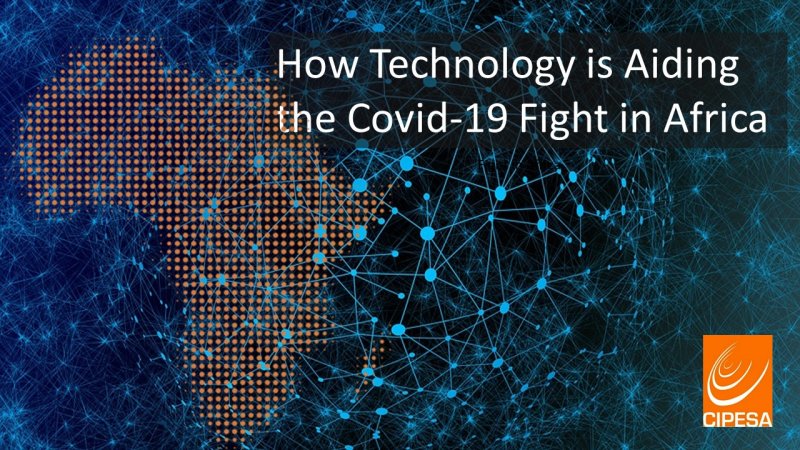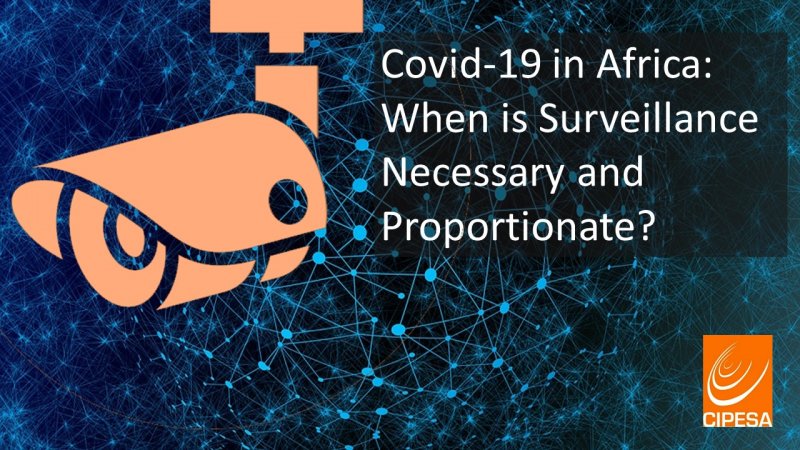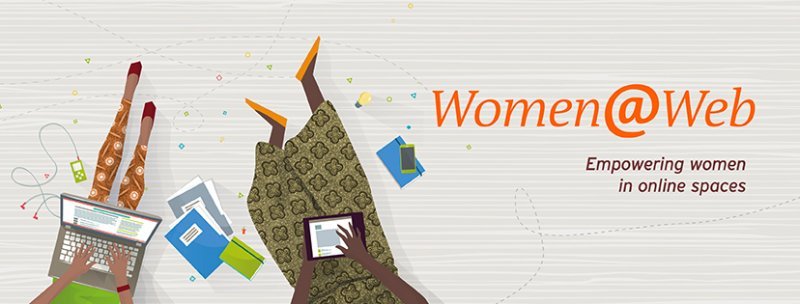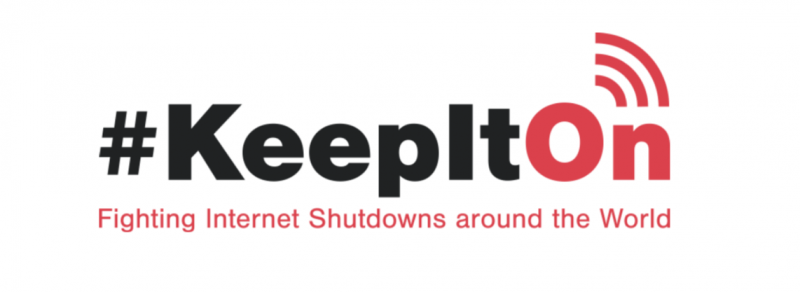By CIPESA staff |
As the coronavirus disease (Covid-19) continues to spread globally, various African governments have imposed sweeping measures such as travel bans, curfews, prohibition of mass gatherings, mandatory quarantines, closure of learning institutions, entertainment spots and borders to curb the pandemic. Some of these measures have boosted the use of digital technologies. But in some countries, responses are marred by pre-existing regressive measures and could affect the enjoyment of digital rights during and post-coronavirus.
Various governments have been quick to encourage mobile money use for local transactions and payment for goods and services in lieu of cash, to stem the contagion. In response, mobile network operators have increased daily limits and waived fees on nominal transfers via mobile money. Effective March 17, for 90 days, Kenya’s Safaricom increased the daily transaction limit via M-Pesa from Kenya Shillings (KES) 140,000 to KES 300,000 (USD 1,400 to USD 3,000) and waived fees off peer-to-peer transfers up to USD 10. Airtel and MTN have done the same in their major markets including Cameroon, Ghana, Rwanda, Sudan, South Africa, Uganda and Zambia.
Other efforts by telecom companies have included doubling internet speeds for home fibre packages at no extra cost to users for at least a month and the deployment of Google Loon to boost 4G network coverage in remote areas in Kenya; promotional ‘work from home’ data bundles and a campaign to educate the public on the pandemic by MTN Uganda; and zero-rating information from the health ministry website and free text messaging services to ‘keep public connected’ by Airtel Uganda.
Global mobile operator Vodafone, operational in 10 African countries, is reported to have said that it is offering governments the ability to send text messages free of charge to people living in areas that have been hit by the coronavirus. MTN Cameroon is supporting the national response strategy through dissemination of awareness messages and facilitation of communications between health personnel and the operations of test centres. All providers in Cameroon – Camtel, MTN, Orange and Viettel – are offering subsidised data bundles to facilitate remote work and citizens’ access to information via the internet.
Meanwhile, broadcast media is increasingly being recognised as an essential service alongside more recent digital media forms as a channel for public sensitisation. To ensure access to current information, the pan-African pay TV operator DStv/Multichoice is availing 24-hour news channels to non-subscribers for free.
The potential of technology to facilitate containment of the spread of the coronavirus notwithstanding, the internet is now also posing a significant threat to fighting the pandemic. Social media in many African countries has been awash with speculation, false and misleading information on Covid-19. In Uganda, unverified reports circulated that a Rwandan national who had tested positive for Covid-19 had escaped to Uganda. In Kenya, vigilantes acting on false information beat a man to death on suspicion of having the coronavirus.
National health authorities and the World Health Organization (WHO) are also fighting disinformation on the virus through counter-narratives online and offline. For instance, Uganda’s health ministry used its social media accounts to dispel several false reports of positive cases that were circulating prior to confirmation of the first case. Many African governments have set up portals, opened toll-free lines and WhatsApp channels to disseminate reliable information on the pandemic as well as enable citizens to report suspected cases. These channels are available in multiple languages.
In Senegal, the Covid-19.gouv.sn platform set up by the State Information Technology Agency (ADIE), provides reliable information on Covid-19, practical advice and awareness videos, and statistics on the spread of the virus via an interactive dashboard showing data for each locality. Individuals can also report a case of infection via the covid19.gouv.sn platform. Additionally, a “Doctor covid chatbot” accessible on Whatsapp allows dynamic interactions with integrated voice in French and Wolof.
Further, social media platforms have not only served as moderators of content on the virus but also as conduits of information from their users, including those with malicious intent. However, Facebook has indicated that due to its staff working from home, it is currently relying more on automated tools, rather than individuals, to identify problematic content. As a result, mistakes could be made and it may take longer to take down harmful content.
The front line against misinformation online has also shifted to legislative means which have been received with concern. Upon declaring Covid-19 a national disaster, South Africa passed regulations criminalising the spread of false news on the virus, punishable by up to six months imprisonment, a fine, or both.
In Kenya, the health minister said misinformation was jeopardising the government’s efforts to fight Covid-19 and warned that authorities would arrest those spreading false information. Kenya’s cyber crimes law has since been used to prosecute two individuals for spreading false information. Well-known blogger Robert Alai was charged over claims that two individuals had died in the coastal city of Mombasa; while another individual was arrested for claiming the government was lying about the first coronavirus case in Kenya.
Uganda’s communications regulator issued an advisory warning against circulation of false information on Covid-19. In Guinea, Kaka Touda, an independent journalist, was arrested in early March for posting information on social media about a possible Covid-19 case at the National referral hospital.
Nonetheless, some countries have in place measures that undermine citizens’ access to digital communications, which hampers the use of ICT in fighting against the spread of the coronavirus. For instance, Ethiopia still maintains an internet blockade on the Oromia region, denying citizens access to critical information. Uganda’s social media tax of USD 0.05 per day of access is an impediment to access to information for many citizens, notably lower income groups. In most of Africa, internet access remains out of reach for many, with high taxation being a key driver of the high cost of access.
In Cameroon, MTN has committed to “ensure the availability of its network and its services, to allow Cameroonians to stay connected in these difficult times”. This is particularly crucial as Cameroon has in the past initiated two internet shutdowns in the Anglophone region of the country, which together lasted 240 days.
As the situation on the pandemic evolves, governments and telecom companies should refrain from arbitrarily shutting down the internet as a way of containing misinformation and false news, as this would violate citizens’ right to express themselves and to access information, and the resulting information void would provide fertile ground for the virus to spread. Meanwhile, taxes on access to vital platforms such as social media should be scrapped to enhance citizens’ access to information
Follow the CIPESA (@cipesaug) hashtag #InternetFreedomAfrica which has a Twitter thread on Covid-19 developments from around the continent.
#COVID19 has brought to the fore many #digitalrights gaps & concerns. It has also raised the need for these rights to be realised & respected!
📢Follow this thread which captures some #InternetFreedomAfrica developments👉🏾https://t.co/wwbxpmJ3wX📢#KeepItOn #PressFreedom #Access pic.twitter.com/C6L3wYqfJn— CIPESA (@cipesaug) March 26, 2020





